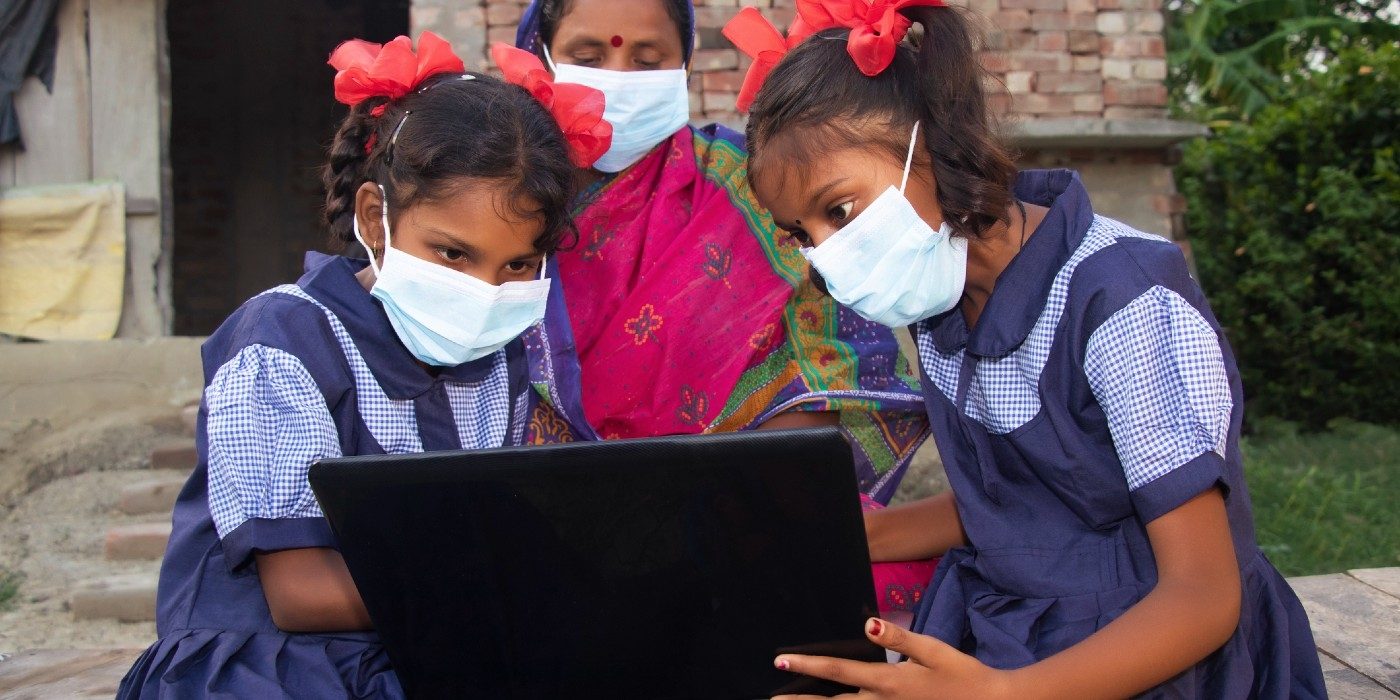
COVID-19, Climate Change and its mental health impacts on adolescents and young people
Background:
This cross-sectional study is intended as a rapid-response pilot investigation, capturing the potential synergies between psychological distress arising from the emerging COVID-19 crisis and the existing climate change crisis, with a particular focus on the mental health consequences in young people. The study will try to capture both the range of psychological responses to the climate crisis in light of the COVID-19 crisis, as well as the degree of perceived agency to be part of working towards the world young people want to see as we “build back” from the pandemic. The study seeks to explore the relationship between the psychological responses to these crises and action. Both COVID-19 and climate change pose a significant threat to human health and wellbeing. Despite the significant disease burden from mental health disorders, this aspect of the climate and COVID-19 crises remains poorly understood. The study will explore the prevalence, nature and severity of psychological responses and examine how these responses relate to action-readiness and visions of “the new normal”. While the crises are global, our study will focus on the experience of young people living in urban slums in the cities of Faridabad in North India and Hyderabad in South India. As global economies are reshaped by the COVID-19 crisis, there is widespread debate about the world we want to “build back”, and how governments should respond. Missing from this debate thus far have been the voices of young people, especially from urban slums. This study will also explore the concerns and desires of young people living in slums for the future, in light of both the COVID and climate crises. By including the voices of young people living in slums, the findings from the study will maximise the potential for informing targeted policy responses.
Aim:
Conduct a survey targeting young people, aged between 16-24, about:
- Their perceptions, thoughts and feelings in response to both the climate and COVID-19 crises
- Their concerns and desires for the future they want to see “built back” from the COVID-19 crisis and
- Their sense of agency to contribute to the changes they want to see, particularly in regard to the COVID-19 and climate crises.
Research Methodology:
Study Design
A cross-sectional survey will be conducted to gather data on psychological responses to the COVID-19 and Climate Change crises as indicated in the objectives of the study. This proposed study will be part of a larger study that is being conducted by the Imperial College, London and will only include one phase out of the four phases of the larger study.
Participant Recruitment
Inclusion criteria
- Name featuring in existing project census database
- Age between 16-24 years
- Residing in Hyderabad and Faridabad slums
Exclusion criteria
- Under 16 or above 24 years as reported in the existing project census database
- Insufficient local language skills, i.e. inability to understand the information sheet
- Participants with either severe physical or mental ill health
Current Status:
Data collection and analysis of data completed. Articles are in the process of being written up.




